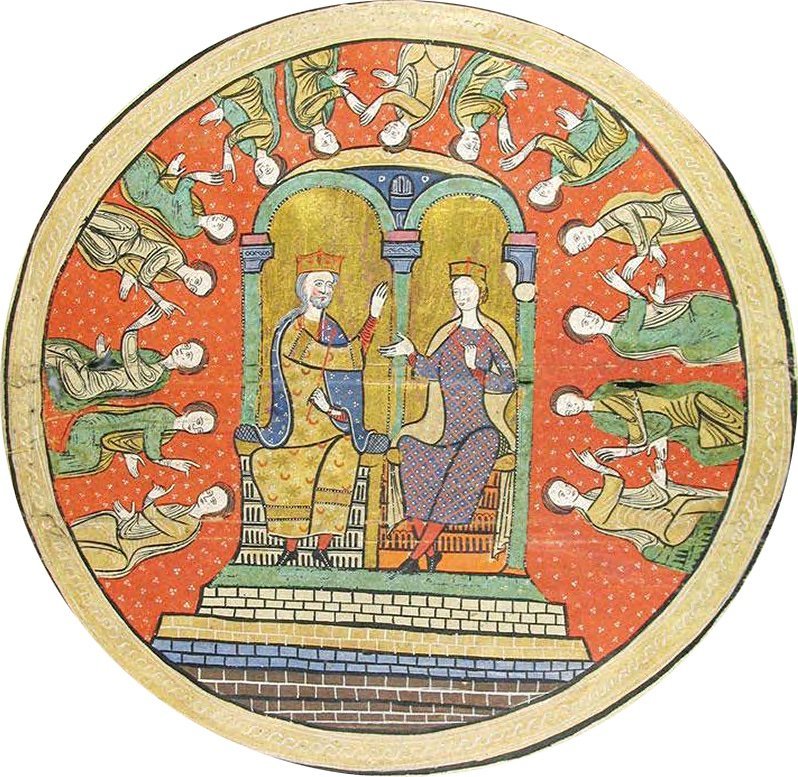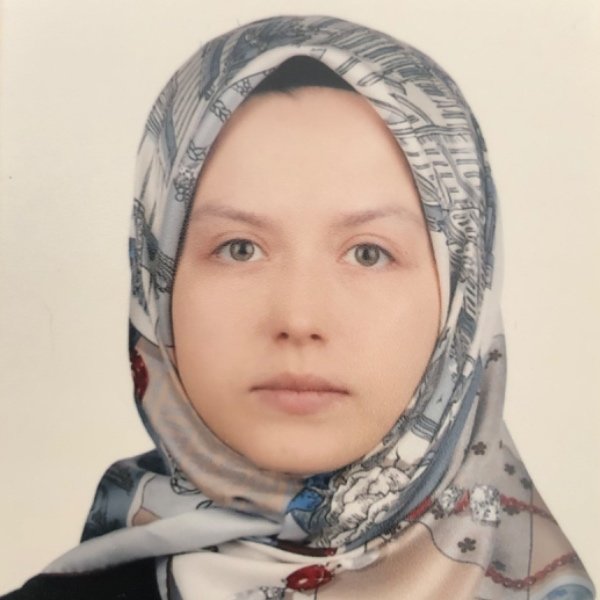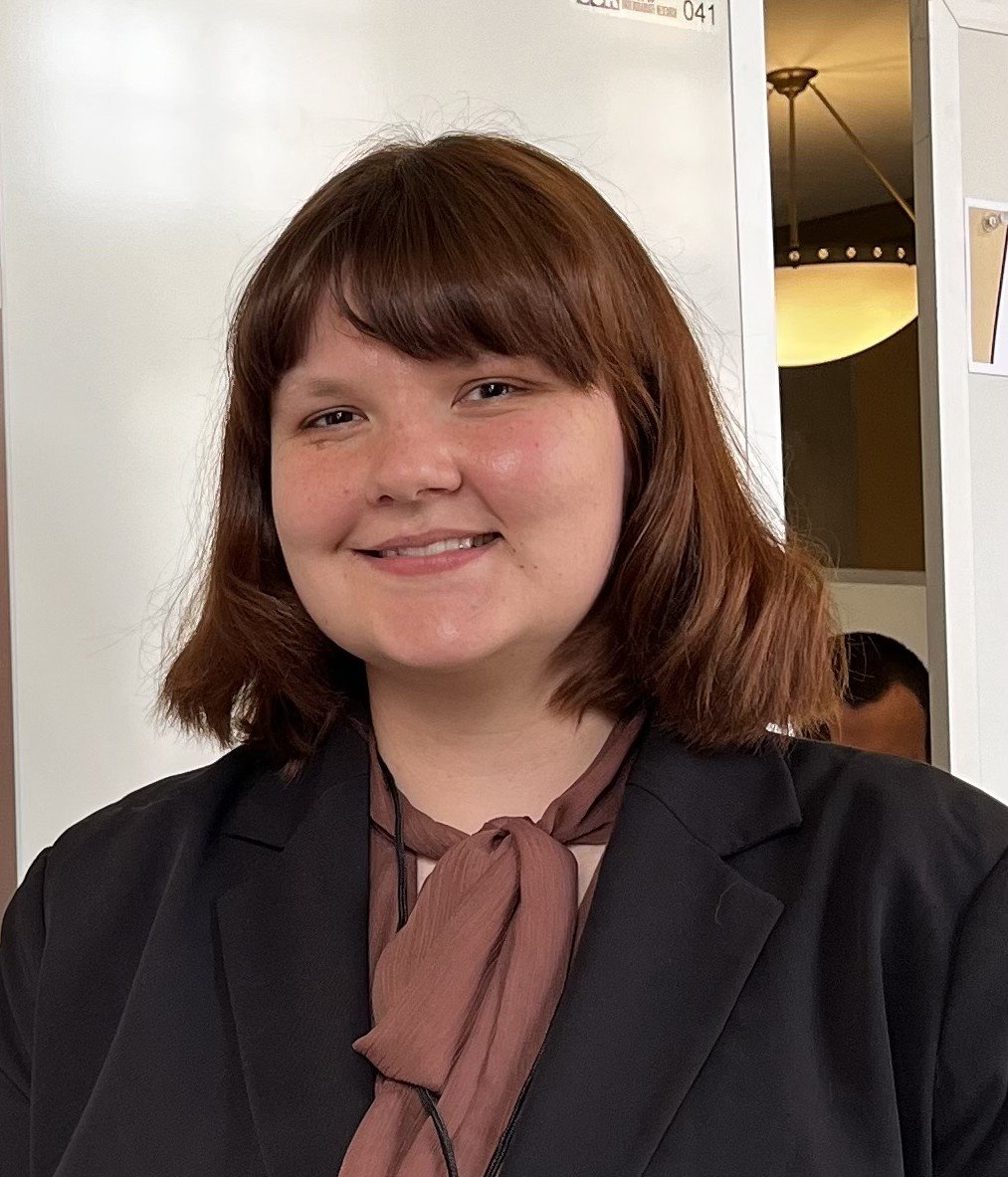“Reading Archival Latin”
Mediterranean Studies Summer Skills Seminar
19—21 May 2025 • Remote
Course overview
The Archive of the Crown of Aragon (ACA) in Barcelona contains one of the largest and richest archival collections relating to medieval Europe, comprising hundreds of thousands of documents, most from the twelfth to fifteenth centuries, and including financial records, royal letters, administrative documents, trial records, treaties, and many other genres. The documentation can be used for a whole range of topics including social, economic, political, institutional, gender, diplomatic, cultural and religious history.
The territories of the Crown of Aragon included much of the Iberian Peninsula, parts of southern France, Sicily and southern Italy, parts of Tunisia and Greece, the Balearics, Sardinia and other Mediterranean islands. It had a large and diverse urban population, was highly integrated into Mediterranean and European trade systems, and had significant populations of Muslims and Jews. It developed one of the earliest and most robust chanceries of medieval Europe; the collections of which have weathered the vicissitudes of history all but intact. Much of the documentation has yet to be used by historians. The skills seminar focused on the Latin-language documentation (from the eleventh to the mid-fourteenth centuries) in the archive’s collections.
This four-day intensive skills seminar focuses on a hands-on introduction to reading unedited Latin documents from a variety of the archive’s fonds and provide participants with an overview of the collections of the ACA, including access to online resources and reproductions.
Topics include: manuscript abbreviations, dating systems, place and personal names, and research resources and techniques. As much as possible the content will be catered to participants’ interests and needs. Medievalists of all disciplines, graduate students, and qualified undergraduate students, as well as library and archival professionals were encouraged to apply.
The goal is to provide attendees with a solid preparation for conducting work remotely via the PARES web portal and on-site at the ACA. Participants will find the skills and techniques which the course focuses on useful not only at the Archive of the Crown but at other medieval archives across Spain and Europe.
This Summer Skills Seminar builds on the experience of earlier editions, which participants signaled as “transformative” in terms of their research, and which provided them with an opportunity to network and lay the foundations for future collaborations. For information and participant reviews of our former Skills Seminars.
Program
Access the sessions via the Schedule.
Monday, 20 May
10am-noon; 1:00-3:00pm
1. The History & Structure of the Archive of the Crown of Aragon
2. Pergaminos/Pergamins
Tuesday, 21 May
10am-noon; 1:00-3:00pm
1. Reading the Registers: Structure & Abbrevations
2. The Royal Chancery: The Registers
Wednesday, 22 May
10am-noon; 1:00-3:00pm
1. Who? What? Where? When?
2. Royal Letters
Thursday, 23 May
10am-noon; 1:00-3:00pm
1. Beyond the Chancery
2. Research techniques
Faculty
The course is conducted by Prof. Brian A. Catlos (Religious Studies, CU Boulder). A graduate of the University of Toronto’s Centre for Medieval Studies (Phd, 2000) and now a historian of pre-Modern Spain and the Mediterranean, Catlos has been using the collections of the ACA since 1995, primarily for research into the social and economic history of the Crown of Aragon and Muslim-Christian-Jewish relations.
Some Participant comments:
• The course was wonderful, easy to follow, and the reading sections were incredibly helpful. Working together as a team on the documents really helped me since others were better or used to certain patterns that I was unfamiliar with. Professor Catlos made the lectures and readings accessible and worked on teaching us skills not only useful in the classroom but in online and in-person research.
• Really wonderful class. Brian is extremely knowledgeable and patient provided us with a lot of tools to successfully engage with the archives.
• I have a good heading now for what I need to work on and how I can work on it using the Archive of the Crown of Aragon documents.
Participants
Stephen Boutwell (History: University of Alabama)
I am a doctoral candidate at the University of Alabama in Tuscaloosa studying the Order of St. John and its involvement in the crusades of the fifteenth and sixteenth centuries. I received my bachelor’s degree in history and classical studies from Samford University in Birmingham, Alabama in the spring of 2018 and began studying for my master’s degree in history at the University of Alabama in the fall of 2019.
Before graduate school, I had already developed an interest in the Crusades, and this interest evolved into a focus on late medieval crusading as I completed my master’s degree. Following conversations with my adviser, I also developed an interest in the connection between religious orders and crusading, especially the Knights Hospitaller, the main topic of my dissertation. The tentative title of my work is "Crusading for Souls: The Hospitallers and Conversion in the Late Middle Ages. ”
As part of my research, I am studying the archival records of the Order of St. John at the Hill Museum in Collegeville, Minnesota. This course will help prepare me to read medieval manuscripts by improving my paleography skills. Additionally, because the Hospitallers cultivated close relations with the Crown of Aragon, this course may open up another source of information for my research.
Eleanor Congdon (Humanities and Social Sciences, Youngstown State University)
Eleanor A. Congdon took her PhD at Gonville and Caius College, University of Cambridge, under the guidance of Prof. David S. H. Abulafia. Her 1997 dissertation “Venetian Merchants in the Western Mediterranean 1398-1405” was based on extensive research in the Datini correspondence in Prato, the governmental records found in the Archivio di Stato di Venezia, and a very brief research foray in Barcelona with the help of Maria Theresa Ferrar I Mallol.
Her interest in merchant correspondence started during her MA work at the University of Minnesota when she stumbled upon a small cache of Venetian letters dating to the 1480s about Venetians doing business in Syria. She continues to work on both of these projects as her teaching load allows. She also follows her family’s interest in genealogical history, concentrating on the prolific, but little known Gothic Revival architect Henry Martyn Congdon. She has reconstructed his portfolio, finding 65 churches, 28 church out-buildings, 40 private homes, and many other works spread from Mississippi to New Hampshire and Colorado (including a church in Boulder) to New York City during a career which lasted from 1860 to 1922.
These projects have led her, after nearly 30 years of teaching, to have explored many tangential topics and disciplines. She has been employed at the teaching-school, Youngstown State University, having little time for research or writing because of her teaching duties. As her career is winding down, she hopes this summer’s courses will serve to sharpen her skills so that her three major research projects can finally come to fruition.
Zehra Coskun ( Institute of Social Sciences: Marmara University)
I am a PhD student in Islamic History at Marmara University and my research focuses on the diplomatic relations between the Nasrid Dynasty and the Kingdom of Castile and Aragon between the thirteenth and fifteenth centuries. At the same institution, I completed my MA in Islamic History with a thesis on the political and cultural role of the city of Valencia (Balansiyya) in Andalusia. In addition to my PhD studies, I am currently pursuing my undergraduate studies at Istanbul University, Department of Art History.
My academic interests include Andalusian Islamic history, medieval diplomacy, interfaith contact, and manuscripts from the Western Islamic world and the Iberian Peninsula. As part of my thesis, I plan to conduct research in archives in Spain and other countries where documents related to my topic are available, and to analyze Latin diplomatic documents from the 13th-15th centuries. This course will help me develop my Latin paleography skills and prepare me to access and interpret medieval sources in Spanish archives.
Kat Moore (History: University of Arizona)
Kat Moore received their Bachelor’s of Arts in History and Anthropology from University of Arizona Spring 2025. They are pursuing an accelerated masters in history from the university with a focus in medieval environmental history and will finish their work Spring 2026. Kat investigates the interplays between the environment and colonial forces, with special attention to Ireland before the Black Death. They have been published on Animus, the University of Chicago undergraduate Classics blog, for their review of archaeological experiments. Kat’s passion for experimental archaeology informs much of their work, especially their undergraduate experiences in the classics. Currently, Kat is working on developing a part of their senior honors thesis into an article highlighting the environmental drivers of disaster during the Bruce Invasion.
Alexandra Sapoznik (History: King’s College London)
I am an economic historian of the later Middle Ages. My PhD (Cambridge) was on fourteenth-century English agriculture, followed by a postdoc at LSE on the German Hanse region. I joined the History Department at King’s College London in 2012. Most of my research has been on late medieval England, but more recently I led a project on honeybees across Europe and the Mediterranean. Building on this, I currently direct a project on trade in the Western Mediterranean.
Indicative publications:
L. Sales i Favà, A. Sapoznik, M. Whelan, ‘Trade, taste and ecology: Honey in late medieval Europe’, Journal of Medieval History 49 (2023), 252-274.
A. Sapoznik, ‘Bees in the medieval Maghreb: Wax, honey and cross-cultural trade in the Western Mediterranean’, Medieval Encounters 27 (2021) 434-455.
A. Huang and A. Sapoznik, ‘Fremdes Geld. Auswärtige Kapitalbeziehungen des Braunschweiger Rentenmarktes im 15. Und 16. Jahrhundert // Foreign Capital: Brunswick’s annuity market and its external relations in the 15th and 16th centuries’, Vierteljahrschrift für Sozial- und Wirtschaftsgechichte 106 (2019) 29-66.
A. Sapoznik, ‘Bees in the medieval economy: Religious observance and the production, trade, and consumption of wax in England, c.1300-1555’, Economic History Review 72 (2019) 1152-1174.
Abby Riehl (History: Purdue University)
I am a third year PhD student focusing on early medieval medicine and identity in the Frankish kingdoms. Originally from Canada where I did my BA at Grant MacEwan University, I did my MPhil in Medieval Studies at Trinity College Dublin before coming to Purdue. My other research interests lay in medieval monsters, mysticism, and the larger intellectual development prior to the twelfth century renaissance. My current research focuses on the interplay between education and gender identity in Carolingian monasteries. Specifically, I am interested in the possibility of the monastery as a liminal space in which young aristocratic men exist in an un- gendered binary and thus, were not truly considered to be ‘men’ as their lay contemporaries would be.
Publications
• “A Bridge Between Two Worlds: the Importance of the Lorsch Pharmacopoeia in the Transmission of Late Antique Medical Ideals in the Carolingian Empire” Journal of Narrative and Language Studies, Special Issue: Living, Creating, Storytelling and Writing in the Middle Ages, 10, no. 19 (June 2022): 14-27. https://nalans.com/index.php/nalans/article/view/517 • “’The Bread of Life’: Exploring Ritualistic Cannibalism.” Epoch Magazine 1, (September 2020):
• “A Crime of Fashion: Social Mobility and the Second Hand Clothing Trade in Early Modern England.” Student Research Day: Student Talks 4, no. 1 (2019):
• “Humana Medicina: The Development of Rational Medicine Alongside Christian Theology and Folk Healing in Twelfth and Thirteenth-Century Europe.” Constellations 10, no. 2 (Winter 2019):.
• “”God is a Man Eater”; Consumption Rituals and the Creation of Christianity Under Roman Persecution.” Constellations 10, no. 2 (Winter 2019):
Reviews
• Jonathan Hsy, Tory B. Pearman, and Joshua R. Eylerand, eds. A Cultural History of Disability in the Middle Ages. London: Bloomsbury, 2022. Cerae 11 (2024):







